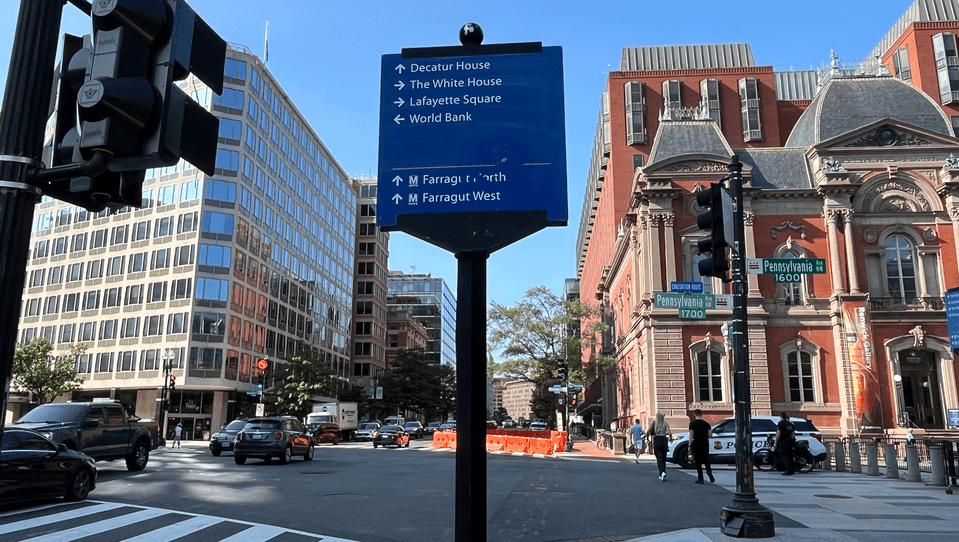The legalization of cannabis has sparked significant discussions regarding its potential as a safer alternative to opioids for pain management. Studies and data suggest that states where cannabis is legalized have seen notable declines in opioid prescriptions and overdose deaths, shedding light on its potential role in combating the opioid epidemic.
The Opioid Epidemic: A Persistent Crisis
The opioid epidemic remains one of the most pressing public health issues in the United States. According to the Centers for Disease Control and Prevention (CDC), over 81,000 drug overdose deaths occurred in 2020 alone, with opioids accounting for the majority of these fatalities. Prescription opioids, while effective for severe pain, have high abuse potential, leading to dependency and addiction for many users.
The Role of Cannabis in Reducing Opioid Dependency
Research indicates that cannabis legalization, particularly for medical use, correlates with a decline in opioid prescriptions. A study published in the Journal of the American Medical Association (JAMA) found that states with medical cannabis laws experienced an average 5.88% lower opioid prescription rate under Medicaid compared to states without such laws.
Declines in Opioid Prescriptions
Furthermore, a 2022 study in the journal Health Economics revealed that recreational cannabis legalization resulted in a 7% decline in opioid prescriptions among patients covered by private insurance.
Reduced Overdose Deaths
States with legal cannabis access also report fewer opioid-related overdose deaths. A study in the American Journal of Public Health noted a 25% reduction in opioid overdose deaths in states with medical cannabis programs. Researchers attribute this decline to patients substituting cannabis for opioids, particularly for chronic pain management.
Why Cannabis May Be a Safer Alternative
Cannabis offers several benefits that make it a compelling alternative to opioids:
- Lower Addiction Potential: Cannabis has a significantly lower risk of dependency compared to opioids.
- Fewer Side Effects: Cannabis lacks many of the severe side effects associated with opioids, such as respiratory depression, a leading cause of overdose deaths.
- Versatility: Cannabis can treat a range of conditions, including chronic pain, anxiety, and insomnia, making it a multifaceted therapeutic option.
Challenges and Future Outlook
While cannabis shows promise, challenges remain. Federal prohibition limits comprehensive research, and stigma surrounding cannabis use persists in certain communities. However, as legalization expands, the opportunity for rigorous studies and better patient education grows.
Summary
Cannabis legalization presents a potential solution to the opioid crisis by offering a safer, effective alternative for pain management. Continued research and legislative efforts could further highlight its benefits, helping to alleviate the devastating impact of opioid addiction.

